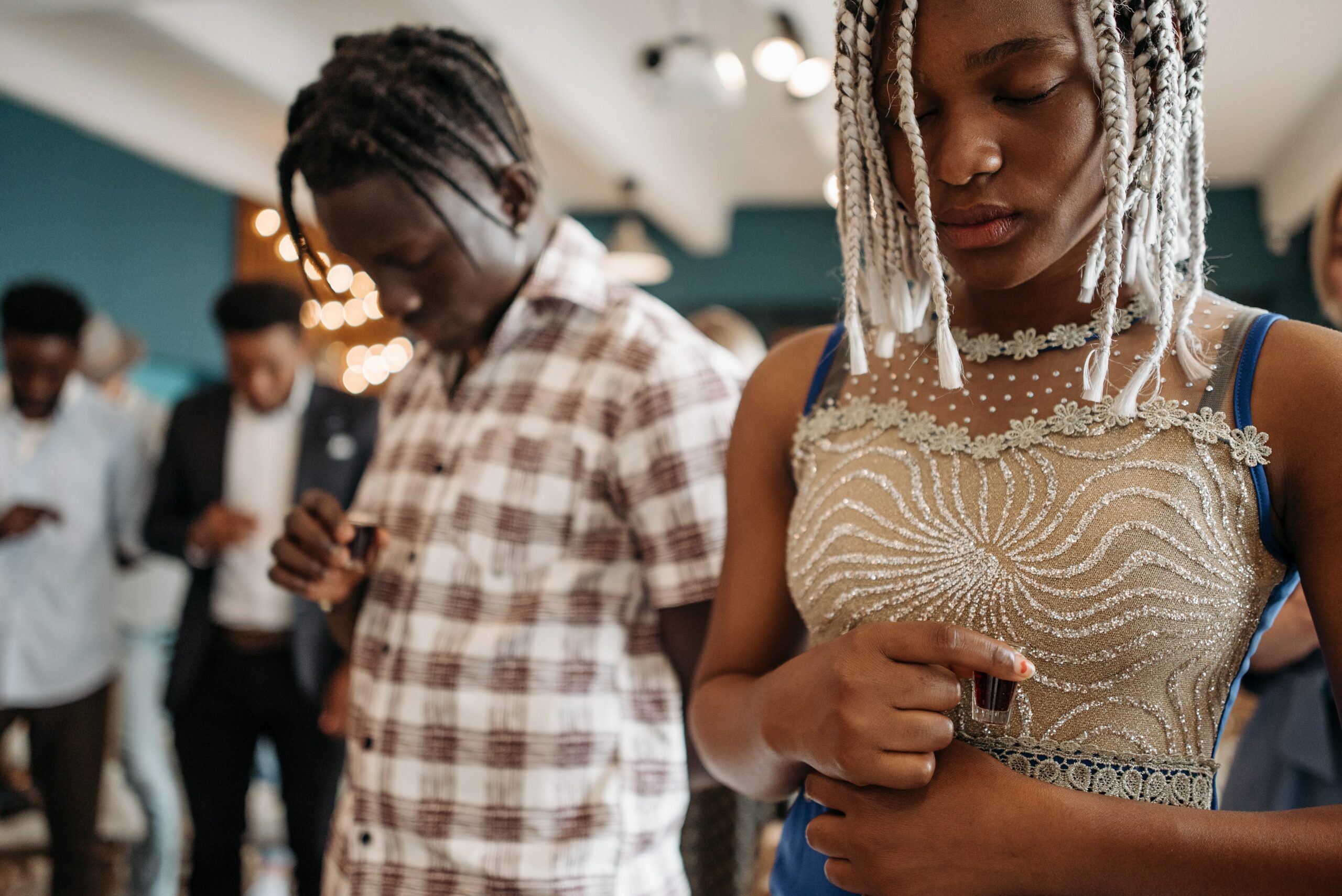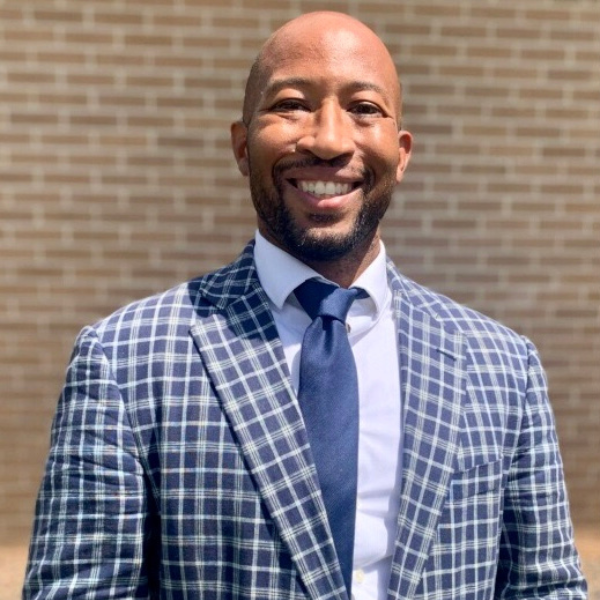Access Delayed: The Church Planter’s Juneteenth
Access Delayed: The Church Planter’s Juneteenth
By Corey Lee
At FCPI, we invite church planters and church planting leaders to celebrate Juneteenth in remembrance of those who were held as slaves in the US after they had been legally set free. In the church planting world, there remains an urgent need for a new Juneteenth because often times planters of color, particularly African Americans, continue to experience delays: delayed access to resources, contextualized training, fellowship with other planters of color, and safe places to be themselves fully. Delay, Delay, Delay. As we aspire for a new Juneteenth, let us first revisit the origins of the original Juneteenth.
Trees have held significant meaning for Black people in America. A tree could mean life and freedom or death and bondage. At Hampton University there is a tree called Emancipation Oak. It was under this tree that Blacks in Hampton Virginia gathered to hear the first reading of Abraham Lincoln’s Emancipation Proclamation. This now over 200-year Oak Tree stands as a reminder of freedom and hope for those still seeking liberation. Yet, halfway across the country in Texas, Black people had no idea that the folks in Hampton were celebrating their liberty under the oak tree. In fact, it would take two full years for them to even receive the message that they had been freed. This is the story of Juneteenth.
The Emancipation Proclamation was issued on January 1, 1863, providing freedom for all enslaved people in Confederate states. Many, like those in Hampton, enjoyed immediate freedom because they were positioned near Union military strongholds. For communities still under Confederate control, freedom came slowly. For slaves in Texas, it came two years slower. What damage was done in those two years? How many more families were ripped apart? How many men, women, and children died? Justice delayed is not justice at all.
The Black community is preparing to celebrate Juneteenth in remembrance of those who were held as slaves after they had been legally set free. In the church planting world, all are commanded to “go and make disciples,” yet planters of color, particularly African Americans continue to experience delays. The price of our freedom has already been paid in blood. For those who are stuck in delay by oppressive forces stemming from systemic racism, we are pursuing justice with you and for you. It is time for the “Church Planters’ Juneteenth.”

What does that look like? At Fuller Church Planting Initiative, it looks like developing courses like Leading Churches Toward Racial Justice and Training Diverse Planters. It looks like mobilizing planters of color to unite in solidarity to end oppression and ostracisation. It looks like developing creative funding streams and business models to support African American Planters who have less access to networks of wealth. It looks like inviting leaders from the majority culture to learn about and experience the realities of Black Church Planters.
The Church Planters Juneteenth is not only about acknowledging inequity, it is about pursuing the shalom of Black planters and the communities they serve. It is Jesus’ Luke 4 ministry manifesto lived out in the Ghetto. It's about making wrongs right and making heavy burdens light. It is about empowering and learning from the marginalized even as the church in America is becoming the new marginalized. The New Juneteenth is not only about redeeming the past, it is also about preserving hope for the future. It's time for the Church Planter’s Juneteenth.
If you would like to be a part of the Church Planter’s Juneteenth, a concrete next step for you may be to enroll in Fuller’s upcoming "Leading Churches Toward Racial Justice" Cohort. This 6-month cohort will be a time to learn, acknowledge, and wrestle with the ongoing racial injustice experienced by people of color. Follow this link for more information.

Rev. Corey Lee joined the FCPI team in September of 2022, bringing nearly 20 years of church planting and church leadership experience. As a recent Mdiv. graduate and current Ph.D. student at Fuller, Corey integrates theology and praxis across several disciplines including church leadership, spiritual formation, church planting and African American Church History.
How are God’s people called to respond to the urgency around ending systemic racism? Join us for our Leading Churches Toward Racial Justice course to learn practical tools for pastors, planters, and church leaders to engage in racial justice at multiple levels.
